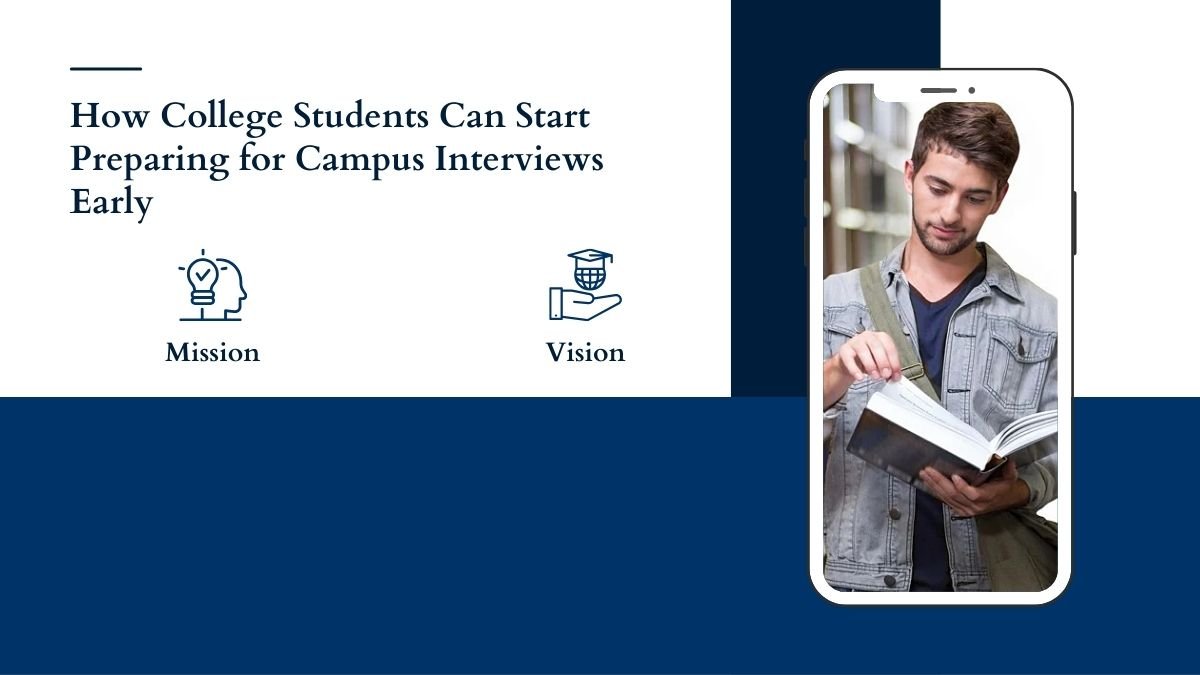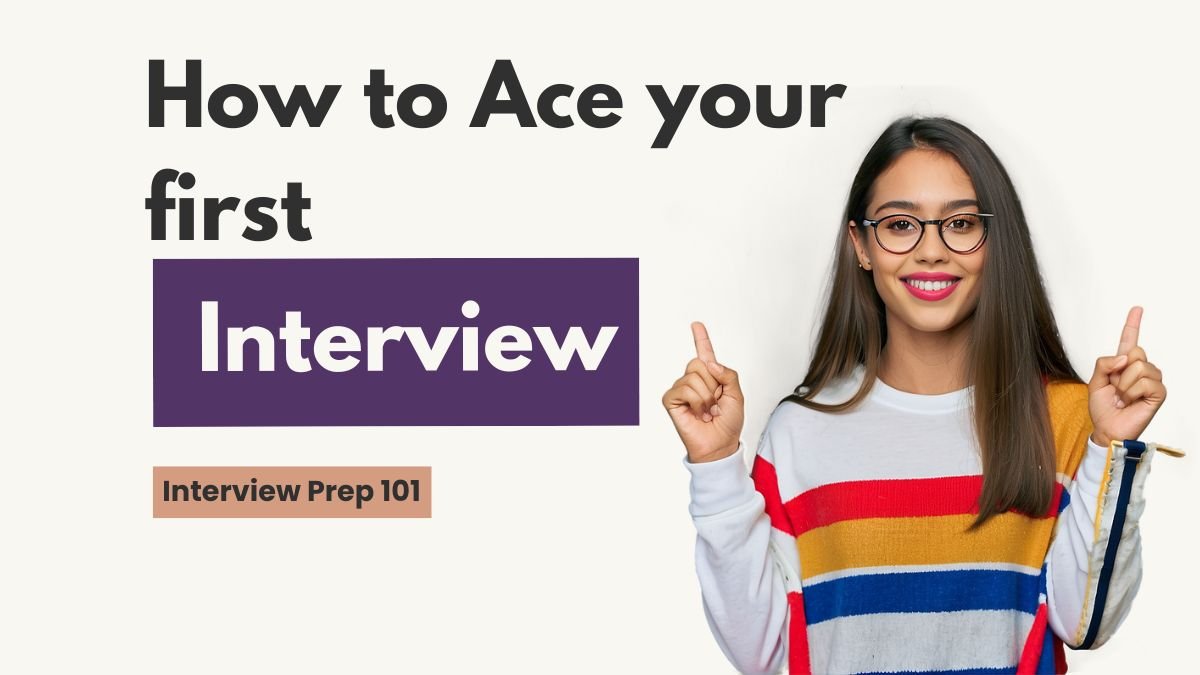In today’s time, internships have become an extremely important part of college life. A career is not made just by studying in the classroom. Unless you get practical experience by working in a company or field, your preparation for the real world remains incomplete.
Doing an internship not only gives you a chance to understand your desired career, but also gives you exposure to the real world of work. It also develops skills in you that are required in every profession – such as communication, teamwork and adaptability.
Now the question is – how to find and get an internship during college? Let’s know 10 easy and effective ways to do this.
1. College Career Service Office
Every college or university has a career service department, which is specially created for the professional growth of students.
From here you get free resume check, mock interview and career guidance. Also, these offices have exclusive internship listings from companies.
What to do:
- Book an appointment to explore internship options based on your interests and major
- Attend career fairs and on-campus company visits
- If the college runs Handshake or another portal, create a profile on it and stay active
2. Online job portals
If you want to find internships outside the college, there are several great websites that offer thousands of listings.
You can filter your search by choosing the location, field, company size, salary, and work mode (onsite/remote) of your choice.
Popular portals:
- Internships.com
- Chegg Internships
- LinkedIn Jobs
- Indeed
- Glassdoor
- WayUp
For best results:
- Write: “Summer 2025 marketing internship remote”
- Keep notifications on
- Customize resume for each role
3. Networking
It is said that more than 70% of jobs and internships are found through networking.
If you talk to a professional who is in your field of interest, they may give you an opportunity that is not posted anywhere.
How to get started:
- Join professional clubs in college
- Go to alumni meets and ask questions
- Connect with alumni on LinkedIn and know their experience
4. Visit company websites directly
If you have some dream employers – like Google, Adobe, or Infosys – visit their official websites.
Big companies create special sections for internships and give priority to those who apply from there.
Tips:
- Make a list of your target companies (at least 20)
- Look for the “Internship” or “Students” type option in their “Careers” section
- Set a Google alert with keywords like “Google Summer Internship 2025”
5. Social media and professional platforms
Nowadays companies announce internships not only on their websites but also on LinkedIn, Twitter and even Instagram.
Platforms:
- LinkedIn: Follow the company, join groups, and set job alerts
- Twitter (X): Follow hashtags like #internship, #collegeintern, #SummerIntern2025
- Reddit: Get information from the r/internships subreddit
6. Cold Emailing
Not every internship is listed. If you send a good mail to a company yourself, you may get an opportunity that hasn’t been created yet.
How to write:
- Find the right person (HR, manager, professor)
- Send a short and customized email explaining who you are, what you want to do, and how you can benefit the company
- Attach resume and portfolio
7. Get recommendations from professors and faculty
Many professors are involved in industry or do projects themselves. If you are active in their classes, they may recommend you somewhere or include you in their own project.
How to increase your chances:
- Ask questions in class and meet them during office hours
- Tell them about your interests and career goals
- Ask them if they have any research projects you can help with
8. Use the alumni network
Alumni from your college often want to help.
If they are now in a good position at a company, they may be able to refer you or at least point you in the right direction.
How to connect:
- Check out your university’s alumni portal
- Filter under the “Alumni” tab on your college page on LinkedIn
- Rather than asking for jobs, ask for information
9. Student clubs and professional organizations
Such as NSS, E-cell, Robotics Club, or Journalism Club – all offer internships along with industry exposure.
Examples:
- Organizations like SWE (Society of Women Engineers) organize job fairs
- Organizations like NSBE or Enactus offer real-world projects
Take a leadership role – this will make your resume look good and you will be the first one to find internships.
10. Government and NGO internship programs
If your interest gravitates towards areas like social work, public policy, or the environment, there are many government and NGO internships available.
Examples:
- USAJobs Pathways Program: Internships with agencies like NASA, EPA
- UN Careers: Global internships with the United Nations
- Idealist.org: Listings of NGOs and international agencies
Conclusion: Take the first step towards your first internship
Internships are not a side activity, but a strong foundation for your career. They provide experience, networking, and confidence. If you do even one good internship while in college, your chances of getting a job increase significantly. Start today with one of the methods mentioned above, and take the first step firmly towards your dreams.








